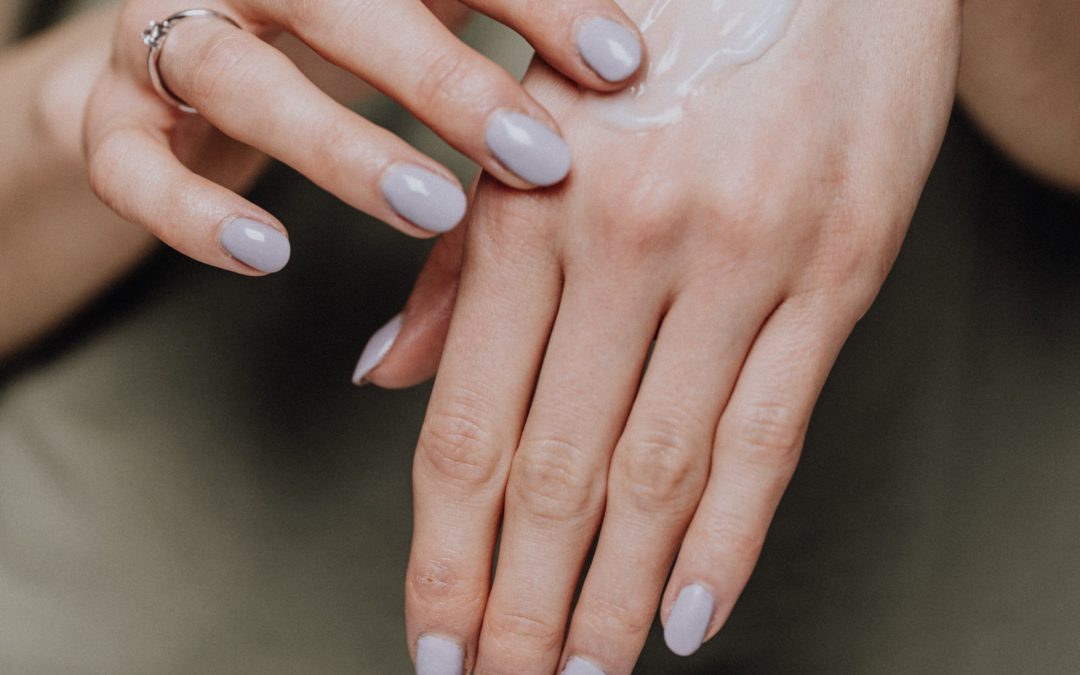This might be my shortest blog post ever. The answer is no. Or, at least, if you want it to work. Let me explain.
First, let’s talk about what a hemp salve is. We need to discuss what is hemp, and what is a salve. All the discussion about hemp is really confusing. But, it’s not actually hard to understand. Hemp, cannabis, and marijuana are all the same plant. Marijuana is a word that has been used for the past 100 years to denigrate people of color. The word has taken on such derogatory implications, that I simply avoid it. Cannabis is the genus of the plant, the scientific name, and for that reason, it’s what I choose to use when talking about these plants. Hemp is very simply cannabis that has been bred so that it produces less that 0.3% THC. That a legal definition, and has nothing to do with the reality of botany or medicine.
The things is, you can still get plenty of THC from hemp, you just have to start with a whole lot of it. Worse, hemp, as we’re seeing in the CBD craze, can produce many other biologically active compounds, like cannabinoids, that are entirely unregulated. Just because a chemical from hemp isn’t THC and doesn’t cause any intoxication, doesn’t mean that it’s safe or useful for consumption. Whether we’re talking about the utility of CBD, CBG, CBC, CBN, or any other 3-letter word-salad, cannabinoids other than THC simply remain to be proven.
So, a hemp salve contains some sort of extract of hemp, which may contain all sorts of chemicals and cannabinoids, except THC, none of which have been proven to be safe or effective for pain.
Moreover, and this is the salve part, we do know that cannabinoid medicine does not readily penetrate human skin. Even if the cannabinoids in the salve were known to help with pain, they wouldn’t get in to where you need them to help. For example, if you have knee pain, it would seem like a great idea to rub some lotion or salve on your knee to relieve that pain. However, as I mentioned, the cannabinoids will simply sit on your skin and do nothing. The pain in your knee is from deep within your joint, which is biologically speaking, miles from the surface of your body. If a medicine can’t penetrate into the joint, it’s just not going to help.
We should mention, however, the Placebo Effect. It’s well known that many people will experience pain reduction from a salve or rub, even if it contains no medicine at all. This is based on the psychology that believes that the rub is going to be helpful. It is not based on the biologic effect of the rub. This is what is going on when your friends’ are all telling you about how wonderful their hemp salve is.
You could reasonably ask, “but doc, why should I care if I feel better from the rub based on biology or psychology, so long as I feel better?” In other words, what so wrong with feeling better based on the Placebo Effect? Heck, my mother, who is a retired Oncologist, asked me this. The answer is complex and I’ve had to do quite a bit of thinking about this.
My conclusion is that I have no problem with someone getting relief from the Placebo Effect! If they’re getting relief and it’s safe, no problem. However, I start to have a problem when people are recommending placebo products that they sell. Now we’re into lying to sell snake oil to sick people, and that’s abuse.
Similarly, while I don’t think that a medical professional should undermine placebo benefit that a patient may be getting, neither should they be recommending a placebo medication. Stating, or implying, that a placebo is effective violates our role in ensuring Informed Consent. Only when a patients understands, to the degree that s/he can, the benefits and risks associated with treatment, can we be assured that they are exercising their autonomy. This is a fundamental concept in Medicine that cannot be ignored or overstated.
Informed Consent is largely at odds with the Placebo Effect. It’s hard to believe something will work when your trusted medical professional tells you it won’t. And it’s their duty to answer your questions about what treatments will work. So I don’t rely on the Placebo Effect.
Thankfully, there are many other medications that do work for pain management, including THC. Just not in a salve.
Consult with a Qualified Boston Medical Marijuana Expert Today
Those considering using THC, CBD, or any type of medicine found in cannabis to help manage their condition should consider speaking to a trained medical expert who is knowledgeable about using cannabis therapeutically. Massachusetts medical marijuana doctor Jordan Tishler, M.D. sits on the faculty of Harvard Medical School and has years of experience helping patients treat pain and other ailments using cannabis. He and the team at InhaleMD stand ready to assist patients in determining whether medical marijuana is right for them. For more information, or to set up a virtual consultation with the team at InhaleMD, call us at (617) 477-8886 today.

